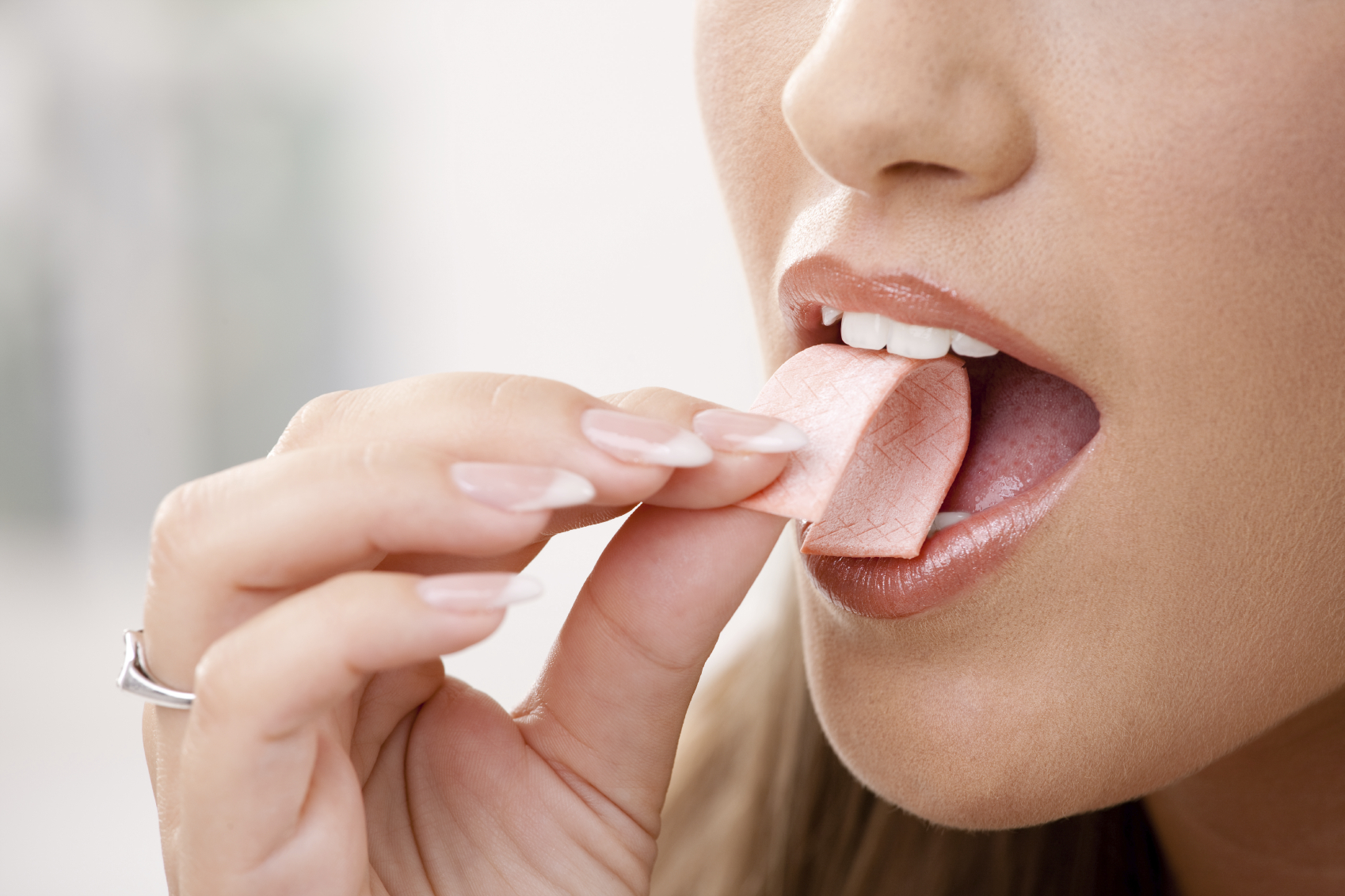Dental hygiene plays a crucial role in maintaining overall health, yet myths and misconceptions often cloud the path to optimal oral care. In this blog post, we will debunk some prevalent dental hygiene myths to help you make informed decisions and achieve a healthier smile.
- Myth: Brushing harder is better.
- Many believe that applying excessive force while brushing will lead to cleaner teeth. However, dentists recommend a gentle touch to prevent enamel erosion and gum recession. Opt for a soft-bristled toothbrush and use a circular or back-and-forth motion for effective cleaning without damaging your teeth and gums.
- Myth: Mouthwash can replace brushing and flossing.
- While mouthwash can be a valuable addition to your oral care routine, it is not a substitute for brushing and flossing. These activities work together to remove plaque and bacteria from different areas of your mouth. Incorporate mouthwash as a supplementary step, not a replacement, for comprehensive oral hygiene.
- Myth: You only need to see the dentist if you have a problem.
- Regular dental check-ups are essential for preventive care. Dentists can detect issues early on, preventing more extensive and costly treatments. Even if your teeth feel fine, schedule routine check-ups to maintain optimal oral health and catch potential problems before they escalate.
- Myth: Sugar is the sole cause of cavities.
- While excessive sugar consumption can contribute to cavities, it’s not the only factor. Poor oral hygiene, infrequent dental check-ups, and acidic foods and drinks also play a role. Focus on a well-rounded approach to dental care by brushing, flossing, and limiting sugary and acidic substances.
- Myth: Chewing gum is just as effective as brushing.
- Chewing sugar-free gum can stimulate saliva production, aiding in the prevention of cavities. However, it does not replace the thorough cleaning provided by brushing and flossing. View gum as a complement to your oral care routine, not a substitute.
- Myth: Flossing isn’t necessary.
Some people believe that brushing alone is sufficient for maintaining oral health. However, flossing is crucial for removing plaque and debris between teeth, which a toothbrush can’t reach effectively. Make flossing a daily habit to ensure a thorough clean and reduce the risk of gum disease.
Dispelling dental hygiene myths is key to fostering a healthier smile. By embracing evidence-based practices, such as gentle brushing, regular dental check-ups, and proper flossing techniques, you can safeguard your oral health and promote overall well-being. Stay informed, adopt a comprehensive oral care routine, and let go of these myths for a brighter, healthier smile.
If you have questions or want to learn more, give us a call or make an appointment today with Dr. Schnall at 212-247-7059 or visit our website at www.philipschnalldmd.com.
Dr. Philip Schnall proudly serves Central Park West and all surrounding areas.
